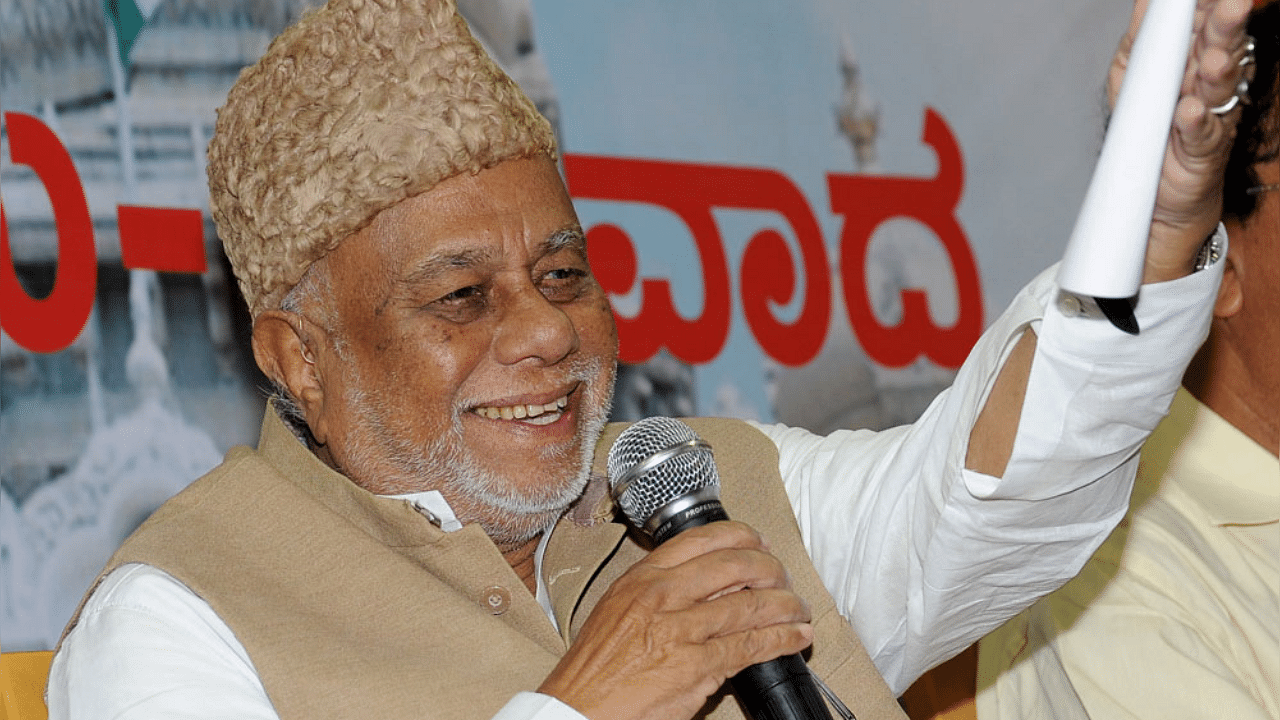
I know of three splendid examples in Karnataka, similar to the fabled 'from log cabins to White House' cases. In Nehru's time, the local Congress leaders in Belgaum were searching for a reserved category candidate for an Assembly seat. They approached someone working at a restaurant as a hewer who agreed to contest. He won the election as Nehru's shoeshine boy.
The newly-elected MLA used to visit me in the office of the Deputy Commissioner with great dignity and with humility. He spent hours in order to learn the administrative nuances. As an MLA, he projected peoples' problems systematically and received appropriate relief. He was even reelected. Karnataka should be proud of this classic story of 'log cabin to White House'. I am not sure if he is alive now.
Jaffer Sharief was the second. He belonged to a lower-middle-class family in Challakere and did not study beyond primary classes. He started his career as a low-level employee of the DCC office in Chitradurga. Finally, he became a Cabinet minister in the Government of India.
When the split occurred in the party he joined Indira Congress and continued to be a supporter of the Nehru family, though he was bold enough to express his differing views freely. When he was made Railway minister he waded through sharks of Delhi with commendable ease, took bold decisions and implemented them. His knowledge of Hindi and Urdu compensated for his poor English.
Sharief never became Karnataka CM or the president of the KPCC. He even threatened to join the RSS but never left the party. His funeral was a quiet affair devoid of public attention.
Azeez Sait was a much-loved leader of Mysuru. He belonged to a well-known Kutchy Muslim family. He was not much educated and had a unique style of English. His service to the poor beedi workers of Mysore is a model to other states. Sait joined the Congress during the Indira wave and was made the labour minister under Urs. I had the privilege to work with him as Labour Secretary.
When his eyesight turned bad, his staff took advantage of it. They made him sign papers and send them to me and sent them to me as his orders. Once I asked him about it. He just smiled and said, "Yes Philipose, I will not do it again." And he never did. He was a broad-minded and affectionate person and a fine parliamentarian. He is one of the three glorious chapters of the political history of Karnataka.
Watch the latest DH Videos here: